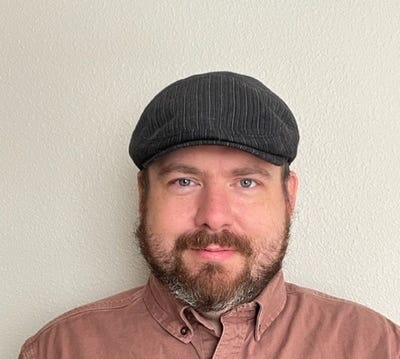
Tangential flower of Scotland? 28th ESACT Meeting kicks off in EdinburghTangential flower of Scotland? 28th ESACT Meeting kicks off in Edinburgh
Alan Dickson, professor at The University of Manchester and chair of the European Society for Animal Cell Technology (ESACT), led the opening plenary for the 28th ESACT meeting in Edinburgh, UK.

After welcoming delegates to the session yesterday, Dickson presented historical maps of the region around Edinburgh and detailed how the landscape was once sculpted by glaciers before being built into a city that resembles the one present today. But before it achieved its modern infrastructure, houses in the Grassmarket were built tightly and vertically in a way that precluded proper sanitation.
“It was stated that Edinburgh was the smelliest, foul city in the world,” Dickson said. It wasn’t until 1771 that the city reached an age of enlightenment. New Town was established and revolutionized housing, bringing new and improved ideas to the forefront of the city’s infrastructure.
Ideas and innovations proved to be the lifeblood of Edinburgh and the same is true for the biopharmaceutical industry. Although early animal-cell technologies were never denounced for their pungency, they too had a humble beginning with plenty of room for growth.
The first ESACT meeting took place in Amsterdam, the Netherlands in 1976. That meeting primarily focused on a vaccine for foot and mouth disease. “Viral vaccines were the only animal-cell product when ESACT emerged,” Dickson said, quoting a passage from Brian Griffiths’ 2001 ESACT newsletter.
In the years since, ESACT has grown and expanded its influence. In 1991 when Dickson joined the organization, ESACT had expanded into working with hybridoma, myeloma, and Chinese hamster ovary (CHO) cells and began engaging in talks about serum-free media.
And now, the 2024 ESACT meeting covers topics such as successful cancer treatments using advanced therapies, gene therapies for Rett syndrome, artificial intelligence (AI)-driven biomanufacturing platforms, and achieving sustainable practices.
To achieve its goal of promoting dialogue and scientific development, ESACT fosters connections within the scientific community, such as the ESACT Frontiers Group (EFT), which seeks to give young scientists “a platform to influence the development of society and give the young generation of scientists a voice in our community.” The organization also hosts a number of educational courses in subjects such as animal cell and vaccine technology.
According to Dickson, ESACT launched two new courses in 2024. Animal Cell Technology in a Nutshell: A Primer for Current and Emerging Trends took place on June 22 in Edinburgh, with a practical course entitled Introduction to Cell Bioreactor Production and Monitoring scheduled to begin on September 23 in Llafranc, Spain.
Much like Dickson’s hometown of Edinburgh, animal-cell technologies have blossomed from humble origins into something eye-catching and impossible to ignore. The next ESACT meeting is scheduled for June 2026 in Salzburg, Austria.
About the Author
You May Also Like








